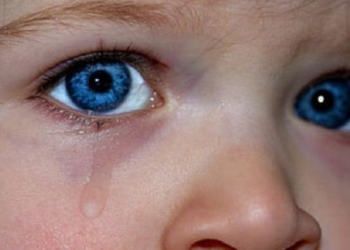Just like hands or feet, the teeth play an essential function in the body. For this reason, we ought to protect their ability to continue serving this purpose. When one washes their hands and notice they are bleeding, it's agreeable that they won't consider it normal. This is in high contrast with how we treat the sight of blood while we brush. Most people tend to think it's normal while it's not.
Bleeding gums or gingivitis, among other conditions, fall under the common umbrella of periodontal diseases. The latter umbrella of diseases can be chronic when not detected and prevented early. Experts, such as those at Kabani Dental, advocate for early detection and prevention.
Cause and Symptoms
Periodontal diseases are the inflammatory type of diseases that affect the supporting structure of the teeth. It affects both the hard, as well as the soft linings of teeth. It’s caused by the presence of harmful bacteria on the gums, and can be identified from the onset by swelling and reddening of the gums.
Bacteria clogged in dental plaque is the chief cause of periodontal diseases. Dental plaque is the sticky substance forming on your teeth soon after you've brushed. The bodies, equipped with self-sustaining systems, try to get rid of the bacteria. The cells of the immune system release substances that inflame and damage the gums, periodontal ligament, or alveolar bone. This leads to swollen, bleeding gums – a sign of gingivitis (the earliest stage of periodontal disease). Damage from periodontal disease can also cause teeth to become loose. This is a sign of severe periodontitis (the advanced stage of the disease).
Preventing Early Periodontal Diseases
To avoid or curb early symptoms of periodontal diseases, one ought to floss and brush your teeth regularly, especially after meals or at a time of one’s convenience. The routine should be floss, then brush your teeth and tongue – first thing in the morning, after work or school, and before bed. Skipping one of at least two brushing times may prove fatal as it may get to the jaw. Also, the plaque living in bacteria starts to grow again on the tooth's surface in eight hours.
The goal is to disturb the plaque and bacteria which will, in turn, prevent it from sitting there for too long. After that, you can assess whether or not the signs of gum disease are improving or not.
People often have this misconception that if you brush before bed, why do it again in the morning before you've even eaten anything? You're cleaning, not sterilizing your mouth. There are still living organisms there. Your body is working while you're sleeping, digesting food, growing fingernails, etc. Bacteria perform many processes and plaque forms.
Pointer to Other Health Issues
Generally ridding oneself of poor oral habits and maintaining good hygiene is the answer to preventing early signs of periodontal diseases. However, oral hygiene is only one part of gum infections. Other forms of bleeding and inflammation in the mouth might be coming from elsewhere in the body as well.
Lastly, gum disease can be a pointer of the general health of your body. It may be pointing to other issues in your heart, immunity, gut system, or the mouth.













